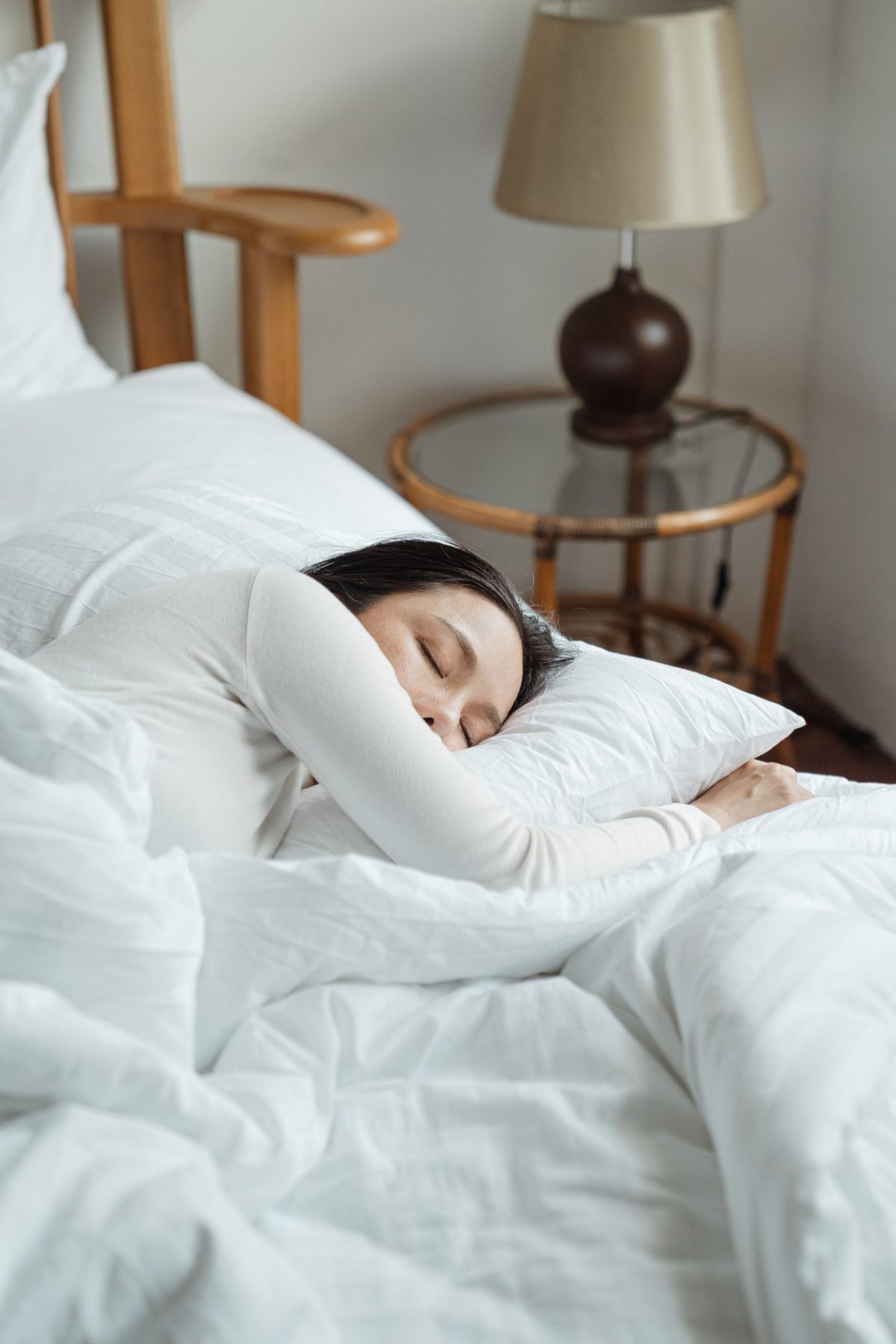Getting a good night’s sleep is crucial for our overall well-being. It helps to refresh our minds and bodies, and gives us the energy we need to face the day ahead. Unfortunately, many people struggle with sleep issues, which can negatively impact their health and quality of life. That’s where reflexology comes in – a natural therapy that can help improve sleep quality and duration.
So, how does reflexology help with sleep? One theory is that it stimulates the parasympathetic nervous system, which is responsible for the body’s rest and digest response. When the parasympathetic nervous system is activated, the body can relax, and sleep can come more easily.
Reflexology has been shown to be effective in improving sleep in several studies. In a 2010 study published in the Journal of Korean Academy of Nursing, researchers found that reflexology significantly improved the sleep quality of postpartum women. Another study, published in Complementary Therapies in Clinical Practice in 2015, found that reflexology improved sleep quality in patients with multiple sclerosis.
But what does a reflexology session for better sleep actually look like? During a reflexology session, the therapist will apply pressure to specific reflex points on the feet or hands. These points may correspond to the pituitary gland, which produces hormones that regulate sleep, or the pineal gland, which produces the hormone melatonin that helps regulate sleep-wake cycles.
The pressure applied during a reflexology session may be gentle or firm, depending on the individual’s needs and preferences. Some people may feel discomfort during the session, but this is usually only temporary and indicates that I have found an area that needs attention.
In addition to reflexology sessions, there are several things you can do at home to promote better sleep. These include establishing a regular sleep routine, avoiding caffeine and alcohol before bed, and creating a comfortable sleep environment. You can also try self-reflexology by massaging the reflex points on your own feet or hands. This can help to relax your body and prepare it for sleep.
In conclusion, reflexology can be a powerful tool for improving sleep quality and duration. By stimulating specific reflex points on the feet, hands, or ears, reflexologists aim to promote relaxation and balance within the body. If you’re struggling with sleep issues, consider giving reflexology a try – it just might help you get the restful, restorative sleep you need to feel your best.
For more information about reflexology or any of the treatments I offer, please get in touch with me at Bodyworks Reflexology.
